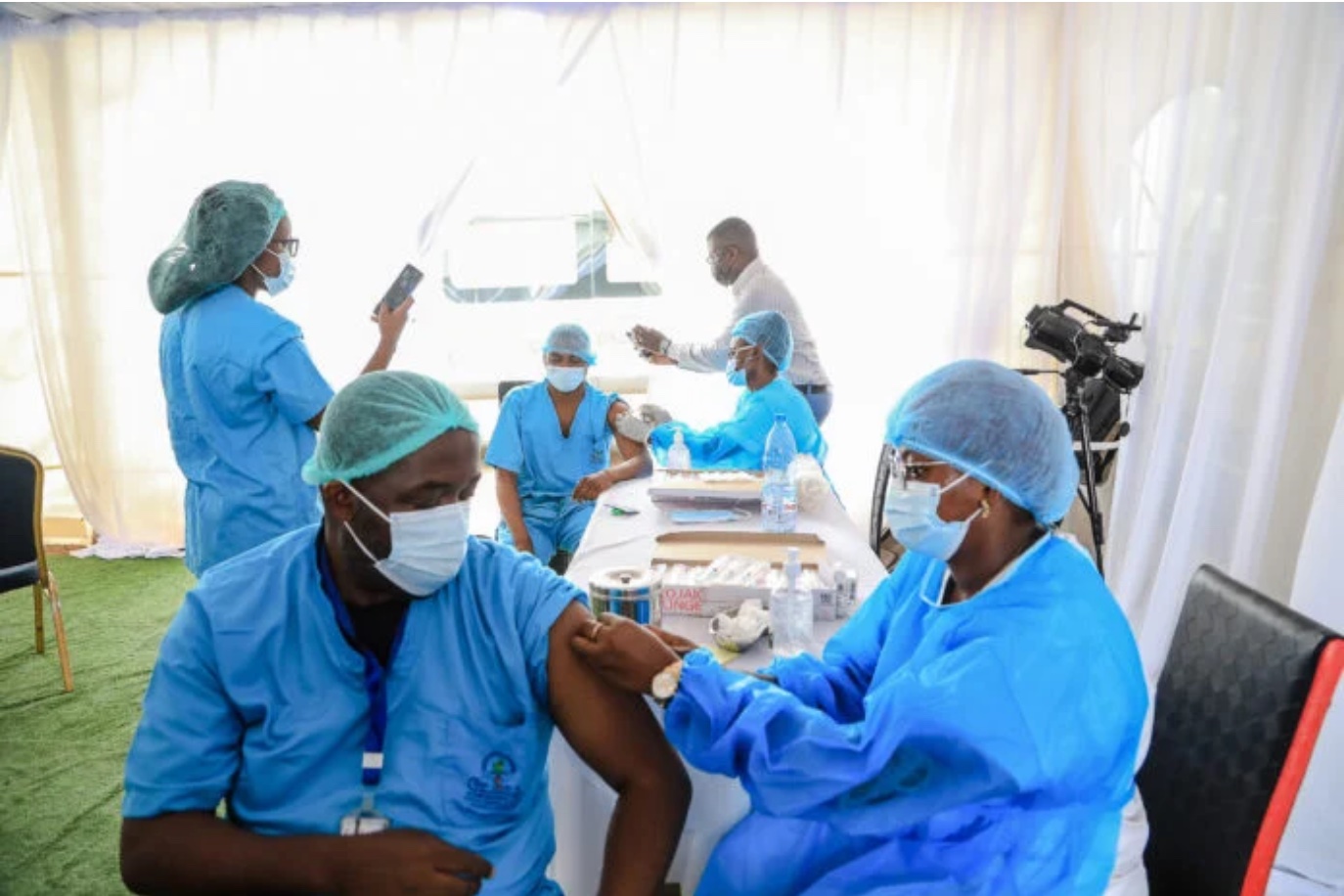BY: Robert Agyarko –
Africa launched a new era of vaccine sovereignty this week, when government and industry leaders convened in Addis Ababa to map out a vaccine manufacturing strategy for the continent.
At the meeting, the AU announced a partnership with the Coalition for Epidemic Preparedness Innovations to establish five vaccine production sites (one each in North, East, West, Southern and Central Africa). John Nkengasong, the head of the Africa Centres for Disease Control and Prevention, said that within 20 years Africa must endeavour to manufacture 60% of vaccines used on the continent.
This initiative is vitally important.
Covid-19 has made it clear that Africa cannot depend on donors to meet its vaccine and medicine needs. It is time to do things differently: to assemble the partnerships and commit the resources to develop African vaccine-manufacturing capacity. This can be done as quickly and effectively as the rise of the African telecommunications industry, which in one generation moved Africa from obscurity on the telecoms map to being fully integrated into the digital and telecoms world.
As a public health and development expert who has worked on every major infectious disease epidemic the continent has faced in the past 20 years, I am keenly aware of Africa’s current vulnerability. The continent, with 1.3-billion people, produces less than 1% of the human vaccines it needs. This capacity deficit, coupled with the mad rush for available Covid-19 vaccines produced elsewhere, has left Africa with very little to rely on. As a consequence, whereas some rich countries are set to vaccinate their entire adult populations in half a year’s time, the majority of Africa’s low-income countries will not have widespread vaccination coverage before 2023.
This is not the first time that Africa has been last in the queue to access life-saving medication. Early in the HIV pandemic, although 95% people living with HIV were in Africa, the continent had no access to life-saving antiretroviral drugs (ARVs). It took nearly 10 years and thousands of lives lost every day before ARVs were readily available in Africa. Pharmaceutical companies opposed making the medicines available at low cost or free of charge, claiming that profit loss would destroy their drive towards innovation.
Similar protests are being heard today from pharmaceutical companies and wealthy countries opposed to sharing vaccine patents and technology to allow for generic vaccine production. The “vaccine nationalism” which marks the global response to Covid-19, forces Africa to find workarounds. The AU’s vaccine acquisition task force has secured 270-million doses for member states. It expects an additional 400 million doses, with another 114-million doses being arranged for 16 countries through the African Vaccine Acquisition Task Team.
Meanwhile, Covax, a consortium of global organisations dedicated to equitable Covid-19 vaccine access, has pledged to deliver 600-million vaccine doses to African countries by the end of 2021— enough for only 20% of the continent’s needs. At best, it could take three years for Africa to reach the 60% vaccine target.

